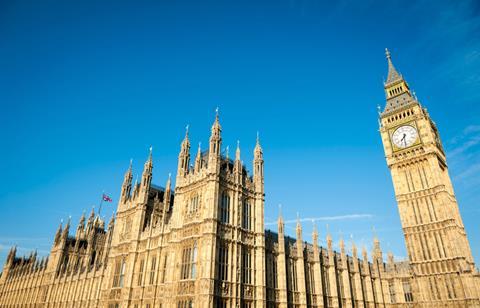
The government has published further guidance on the Government Job Retention Scheme (GJRS), including details on flexible furlough and employees taking paid leave.
The guidance outlines the increase in flexibility that the extended scheme provides when compared to its original implementation in March, such as allowing flexible furlough from the start.
Under the extension of the GJRS, employees that wish to return from maternity leave early to be instead placed on the Job Retention Scheme and therefore receive more money now need to provide at least eight weeks’ notice of their intention to do this, and their employer cannot place them on furlough until these eight weeks are up.
It was also confirmed that employees on furlough that choose to take annual leave, must be paid in full for this time. Additionally, employers have the decision to make whether to pay full sick pay or statutory sick pay if furloughed staff are forced to take sick leave.
Employers have until 30 November 2020 to submit change claims for the CJRS that has been extended to 31 March 2021.
Alan Price, chief executive at BrightHR, said: "The government has now published its official guidance for the Coronavirus Job Retention Scheme, which has been extended until 31 March 2021. The long-awaited government guidance confirms many of the details surrounding the extended furlough scheme for employers.
"From December the government may prohibit claims for those who are serving notice periods. While this has yet to be confirmed, it would be consistent with previous government plans for the furlough scheme’s planned replacement, the Job Support Scheme (JSS) before it was indefinitely postponed; claims were not to be permitted for those serving a notice period.
"Going forward, it is essential that employers familiarise themselves with this guidance as much as possible and regularly check it for updates. It should be remembered that the furlough scheme has seen numerous amendments since it was originally implemented, a trend that does seem likely to continue over the next few months."











